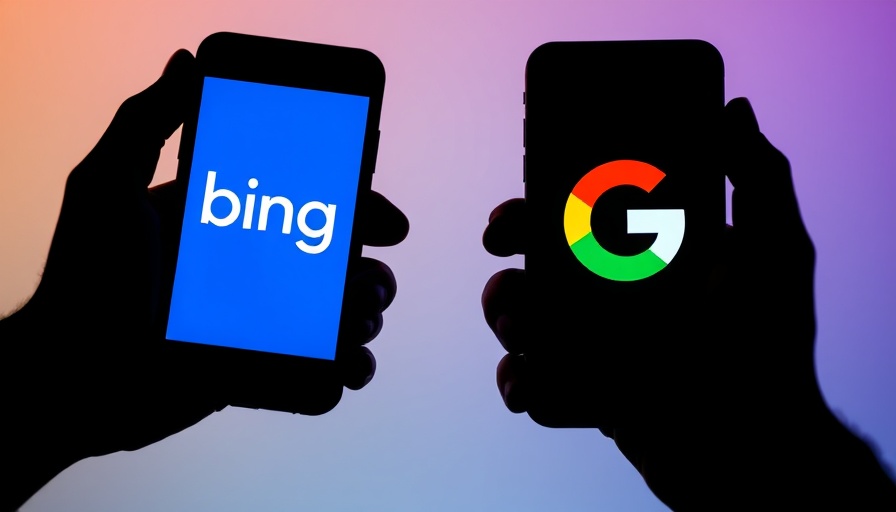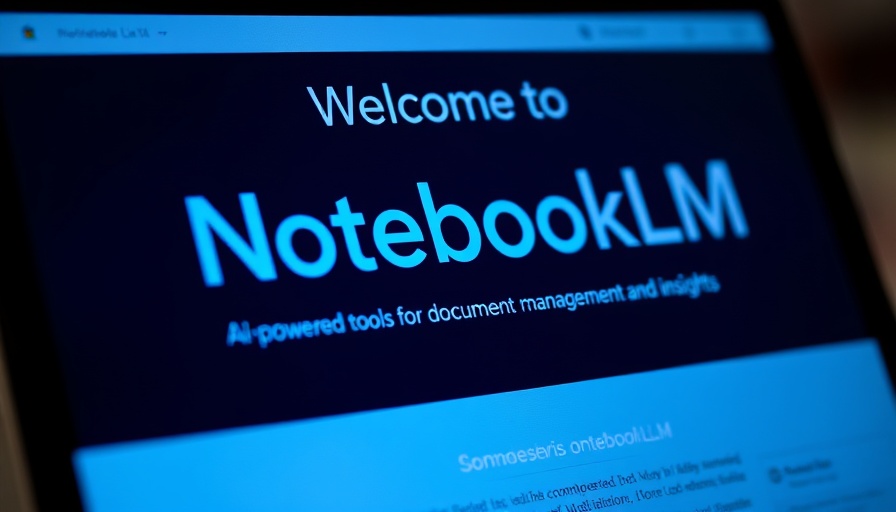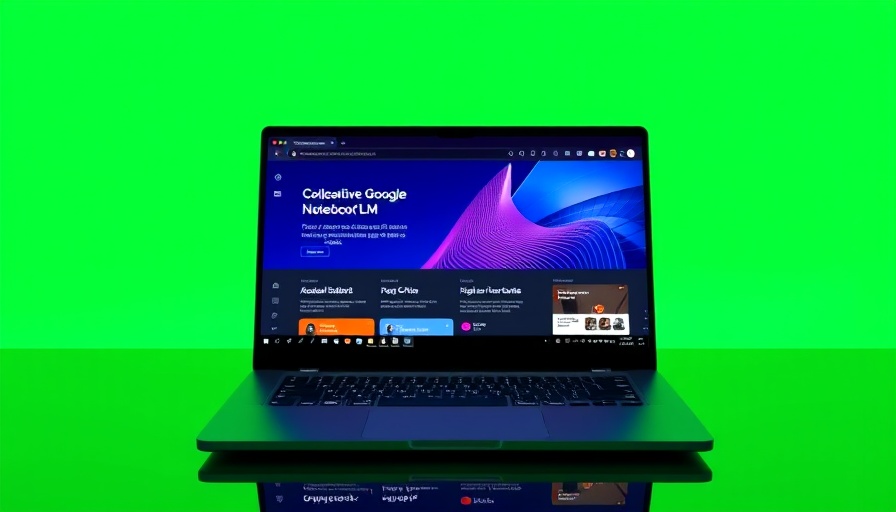
Exploring User Preferences: 33% of Google Users Switch to Bing
A recent study has unearthed a surprising statistic: 33% of Google users who tried Bing for two weeks opted to continue using it afterward. This finding challenges the widely held belief that Google's dominance in the search market is solely attributed to superior quality.
The Findings: Quality vs. Default Settings
The research, conducted by economists from Stanford, MIT, and the University of Pennsylvania, highlights that Google accounts for approximately 90% of the global search market. While many assume that this is purely a case of better quality, the study presents several factors influencing user preference. Among these are the default settings of users’ search engines, tendencies to overlook alternatives, and emotional barriers preventing users from switching services.
Enhanced Perceptions: The 'Try Before You Buy' Effect
A pivotal insight from the study showcases the 'Try Before You Buy' mechanism. Of the 2,354 participants, those who were paid to use Bing expressed increased satisfaction levels, with 64% reporting that Bing’s quality exceeded their expectations. This indicates that many users haven’t genuinely compared Bing with Google under fair conditions.
Marketing Implications: Consumer Behavior Insights
For CEOs and marketing managers, these findings have profound implications. If a significant percentage of users find a competing product preferable once they give it a fair chance, it opens up avenues for marketing engagement and tactical strategies to sway consumer loyalty.
The Perception Barrier: Users' Reluctance to Switch
Notably, when provided with a choice, Bing’s share increased minimally by only 1.1 percentage points. This suggests that many users’ confident preference for Google may actually stem from a lack of awareness about Bing’s offerings rather than strict quality comparisons. The study sheds light on this perception barrier: users are not fully aware of the benefits an alternative search engine like Bing may provide.
Future Trends: Adjusting Marketing Strategies
As we move forward in a tech-driven landscape, businesses can leverage these insights to strategize more effectively. Engaging marketing campaigns that encourage users to explore beyond their default platforms can help shift user perceptions, promoting equal consideration of competing products. Strategies may include offering trials, showcasing unique capabilities, or highlighting customer testimonials from existing Bing users.
Concluding Thoughts: Actionable Takeaways for Businesses
In this evolving digital era, understanding the factors that contribute to user preferences is crucial. As this research suggests, creating opportunities for potential users to experience alternatives like Bing could significantly impact market dynamics.
For business leaders and marketers, evaluating user behavior and adapting your strategies accordingly is essential. Consider exploring the advantages you can offer that would make switching more appealing to users entrenched in default solutions.
With the right initiatives, we can pave the way for a more versatile digital marketplace where competition thrives, ultimately benefiting consumers.
 Add Row
Add Row  Add
Add 




 Add Row
Add Row  Add
Add 

Write A Comment